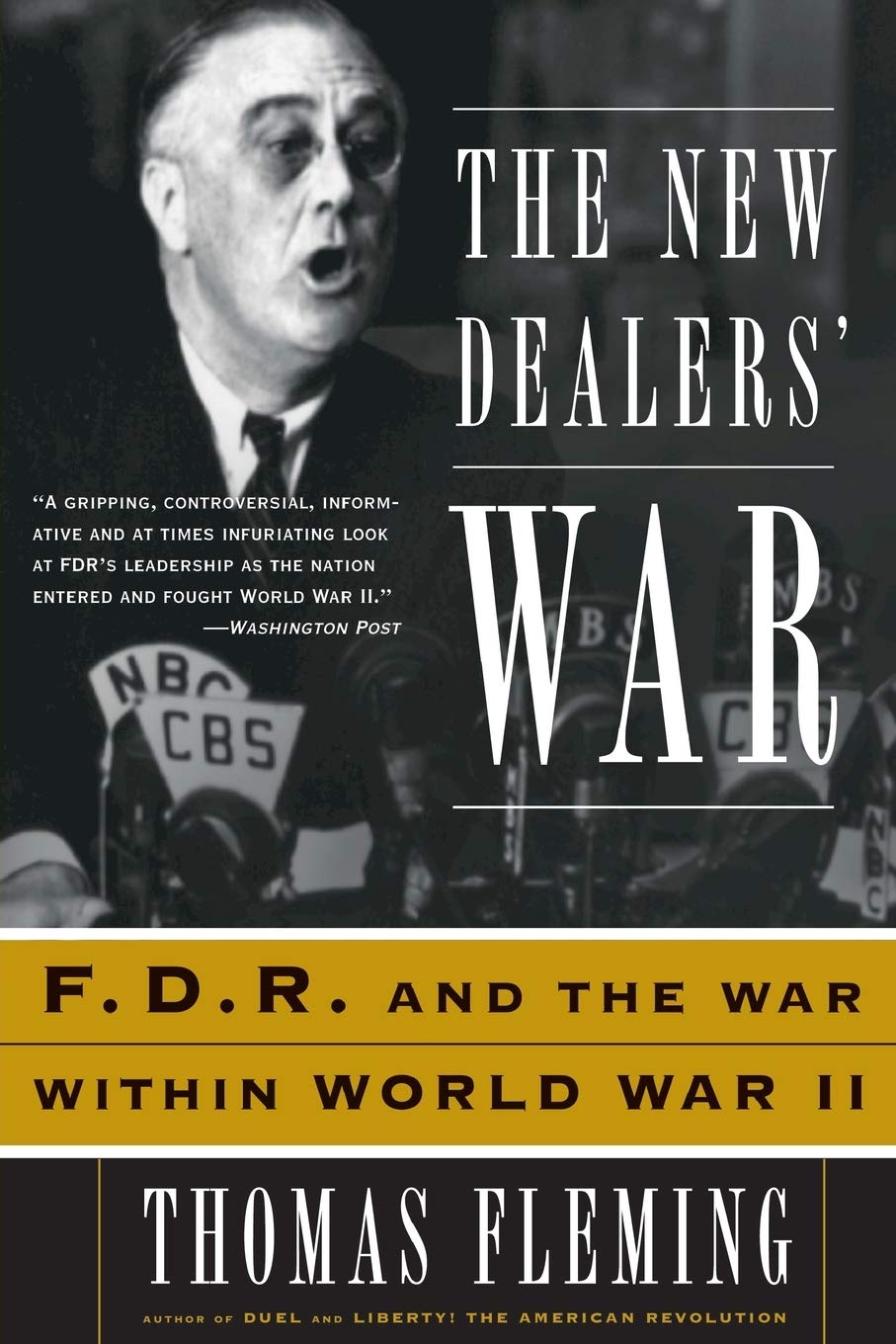-
Guest Post: Seething – Long Distance Messaging
Aside from noting the uncanny resemblance between our media class and the fictional Ellen Ripley’s Aliens – also the topic of my Pan-Galactic Reproductive Preference Studies Doctor of Philosophy – I’ve never given any serious thought to the possibility of extra-terrestrial intelligent life. I have, however, pondered during my now-frequent moments of bafflement at the…
-
War, War or Jaw, Jaw? It depends.
Saw Andrew Bolt interviewing former US general Jack Keane in the week. Keane is now chairman of the Institute for the Study of War. Bolt often has him on and they madly agree with each other. Both are firmly on the side of Israel and its need to be given arms and free air to…
-
Worse than Whitlam?
Suffering from a crisis in confidence. Be not alarmed. This is not a personal crisis. It is just that I see very little in the current Labor government to convince me that its redemption is likely; i.e., a radical change of course. Let’s go back in time. Take the second and third Gough Whitlam ministries.…
- Open Thread – Mon 21 Oct 2024
- Women’s Rights vs Scarce Babies
- Open Thread – Weekend 19 Oct 2024
- Open Thread – Thurs 17 Oct 2024
- Open Thread – Mon 14 Oct 2024
It’s bizarre really. Israel could have avoided far more IDF casualties by conducting long distances war fare but to minimise…
Excellent opportunity to suggest Faruqi should join her.
I mean, wasn’t Peter Costello head of Channel Nine during the Covid insanity? He remained silent when people questioned the…
Psychopathic


As gutless and useless as the rest of the political class. HoP time.